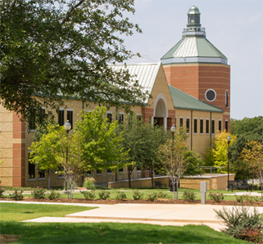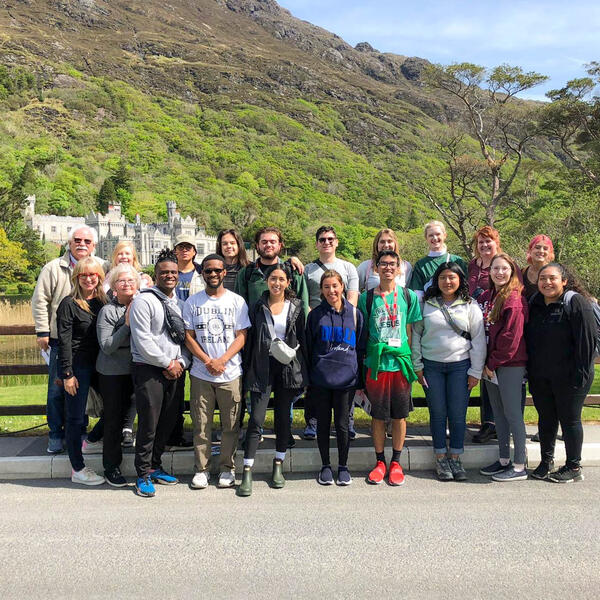The Importance of Visionary Thinking in Businesses, Churches, and Schools
The Importance of Visionary Thinking in Businesses, Churches, and Schools
Being in higher education for nearly thirty years, I value the activity of “thinking.” Whether it is a business, church, or school, it is important to pause from “doing” and spend time “thinking.” Recently, our governing board changed its model of doing business from listening and briefly responding to administrative reports to now utilizing most of its time being strategically engaged in thinking about and discussing the University’s future. One example is that our Board is not involved in the activity of implementing programs or events, it is involved with visionary activity, considering the issues impacting the University, and letting the University administration do the work of implementation. The higher education landscape is shifting under our feet and our University needs creative, smart thinkers who can help us navigate the ever-changing terrain.
With the shift in e-shopping for businesses, dwindling church attendance, and online education, leaders in these organizations must pause and give valuable time to visionary activity. This visionary activity is “digging deep” into the data that are impacting the organization. It could be metrics that reflect the downward trend in sales, declining church membership and donations, or comparative tuition data, test scores, graduation rates, retention rates, etc. It is understanding the current state of the organization. Digging deep also includes reflecting on the past, the mission of the organization, why it exists, and its legacy. It is holistic as it includes not only a look at current data and the past, but most importantly it engages in visionary thinking to consider new perspectives and direction for the future. Vibrant businesses, churches, and schools engage in visionary thinking as a normal part of their operation; this should be the standard.
Unfortunately, I have been part of organizations where much time and considerable resources have been spent on visionary thinking to only see the resulting strategic plan placed on the bookshelf and little to no action ever taken to implement it. I have seen businesses, churches, and schools close; sometimes due to the leaders/owners not being brave enough to realize that the world around them is changing and what was good for success a few years ago is no longer good enough for success today.
At Southwestern Adventist University, we want our students to be ready for the ever-changing world in which they live. We desire our students to think critically so they are able to: 1) Explain a problem or issue comprehensively, 2) Use information to conduct a comprehensive analysis of a problem or issue, 3) Analyze the context, assumptions, and perspectives of a problem or issue, 4) Formulate a variety of perspectives of a problem or issue taking into account the complexities that surround it, and 5) Draw logical implications and conclusions from an analysis of a problem or issue. With these critical thinking skills, students will be better able to adapt to the fluidity of a changing world, they will be able to reflect on the past, consider current data, and effectively plan for the future.
Not only in businesses, churches and schools is it important to take time to think, I believe it is beneficial in our personal lives as well. If you are like me, it is easy to get caught up in the busyness of life and doing important things from the time we get up in the morning to going to bed at night. Taking a pause to think about our past, what we are currently engaged in, and where we want to be in the future may just be the key to providing a little more satisfaction and joy in life.
This article is an opinion piece written by President Shaw for the Cleburne Times Review.






